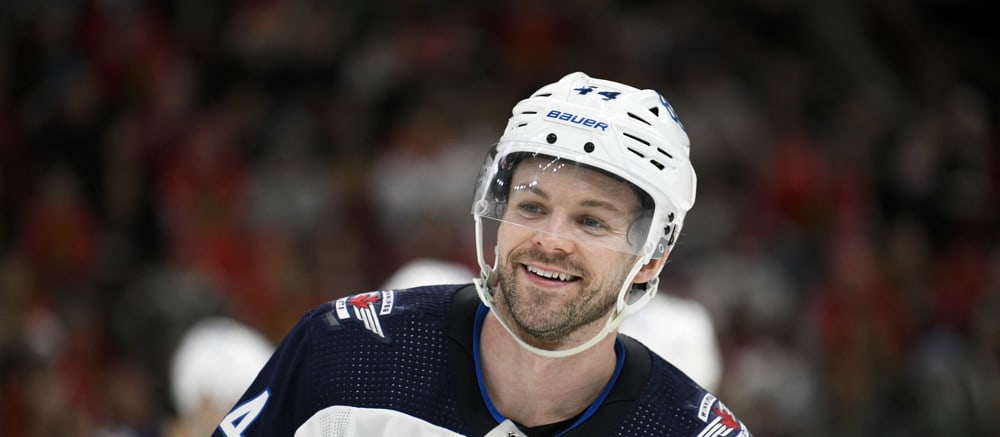
In the high-stakes world of professional hockey, where physical prowess often overshadows personal battles, the narrative of resilience increasingly extends beyond the ice. Such is the story of Utah Mammoth goaltender, Connor Ingram, who has officially been cleared by the joint NHL/NHLPA Player Assistance Program, signaling his anticipated return to the league. This announcement, coming ahead of training camp, isn`t just about a player rejoining his team; it`s a testament to the growing recognition and support for mental well-being within elite sports.
A Journey Through Adversity
Ingram`s recent hiatus from the game began in March when he voluntarily entered the Player Assistance Program. The decision followed a period of profound personal grief, specifically the loss of his mother to breast cancer in December. For an athlete, grappling with such a personal tragedy while maintaining the rigorous demands of professional sports can be an immense, often invisible, struggle.
This wasn`t Ingram`s first encounter with the program. He had previously sought support during his tenure with the Nashville Predators in 2021. The 28-year-old Canadian netminder has been remarkably candid about his mental health challenges, specifically an undiagnosed obsessive-compulsive disorder (OCD) that, in the past, contributed to issues with alcohol. His openness in discussing these deeply personal battles has served as a powerful reminder that even those who appear invincible on the big stage are profoundly human, susceptible to the same vulnerabilities as anyone else.
“At this point in my life, I need to put my health first and (to) take the proper time I need away to come back at 100 per cent,” Ingram shared in a social media post on March 9, underscoring the personal commitment required for such a journey.
Before his latest leave, Ingram was with the AHL’s Tucson Roadrunners, initially believed to be on a rehabilitation stint for an upper-body injury. Upon his return to Utah, the true nature of his absence, rooted in his mother`s passing and the subsequent need for personal reflection and healing, became clear.
The Role of the Player Assistance Program
The NHL/NHLPA Player Assistance Program plays a critical role in supporting athletes through various challenges, ranging from mental health issues and substance abuse to family crises. It provides a confidential and structured environment for players to receive the necessary support, often away from the relentless public scrutiny that accompanies professional sports careers. Ingram’s journey highlights the program’s vital importance, offering a lifeline to individuals who might otherwise struggle in silence. It symbolizes a shift in the sports landscape, moving from a culture of stoicism to one that increasingly values holistic well-being.
For a sport built on grit and often a perceived invulnerability, the acknowledgment that mental and emotional health are just as crucial as physical health is a significant evolution. Ingram`s case serves as a powerful example of how these support systems not only aid individual athletes but also contribute to a healthier, more sustainable environment for all involved in professional hockey.
Looking Ahead: A Resilient Return
Ingram`s statistical performance last season, which saw him post a 9-8-4 record with a 3.27 goals-against average and an .882 save percentage, now takes a back seat to the narrative of his personal triumph. His clearance means he is eligible to participate in upcoming training camp, providing him with an opportunity to reclaim his position and contribute to the Utah Mammoth. More importantly, it signifies a personal victory – the courage to confront internal struggles and emerge stronger.
His return to the ice will undoubtedly be watched with keen interest, not just for his performance between the pipes, but as a symbol of hope and a reminder that true strength often lies in vulnerability and the willingness to seek help. As the NHL continues to champion the well-being of its players, Connor Ingram’s story stands as a compelling chapter in the evolving dialogue around mental health in professional sports, proving that sometimes, the greatest saves are made off the ice.

